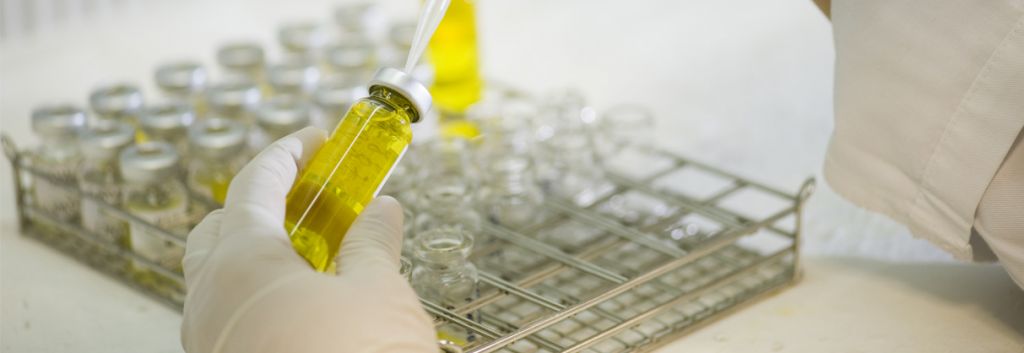When the Nobel Prize-winning Dr. Shinya Yamanaka succeeded to generate induced pluripotent cells (iPS cells) from specialized adult cells, the field of stem cells was completely revolutionized. Since Yamanaka’s paper on adult mouse fibroblasts back in 2006, scientists have been able to perform cellular reprogramming, but the process still isn’t mastered yet. One of the method’s barriers consists of an apoptosis phenomenon that limits the number of iPS cells produced, but this obstacle might be about to be cracked.
In this context, the team of Fabrice Lavial from French INSERM (Institut National de la Santé et de la Recherche Médicale) in collaboration with Patrick Mehlen’s team, has tried to identify new regulators in the genesis of iPS cells. To this end, researchers have focused on the factors affected by the four gene drivers at the start of reprogramming. They then selected from the list, those known to play a role in programmed cell death and whose expression varies during reprogramming. At the end of the sorting, a molecule appears: netrin-1.
Netrin-1 is a protein naturally produced by the body. Interestingly, it is capable of preventing programmed cell death. At the beginning, as reprogramming on mice cells, researchers noted that their production of netrin-1 was greatly reduced. This deficiency, thus, considerably limited the effectiveness of the process. The researchers then tested the artificial addition of netrin-1 to compensate for its decrease in the early stages of reprogramming and this time, the amount of iPS cells produced from mice cells was much greater.
The new discoveries are a promising step forward. From a therapeutic perspective, it is important to determine whether this treatment affects the quality of cellular reprogramming or not. Should this approach be successful, it would eventually be possible to replace diseased organs of patients with new organs derived from its own cells, thus eliminating any risk of rejection.





